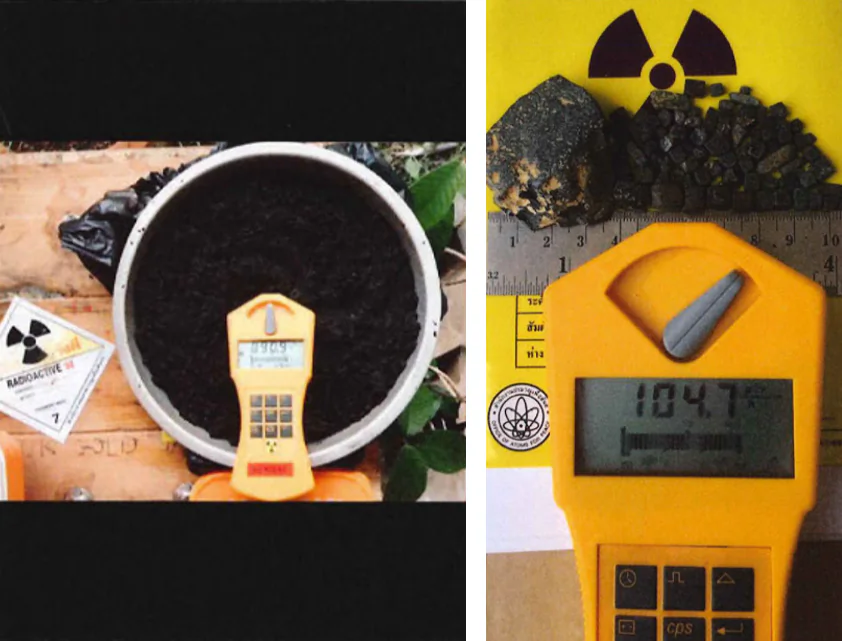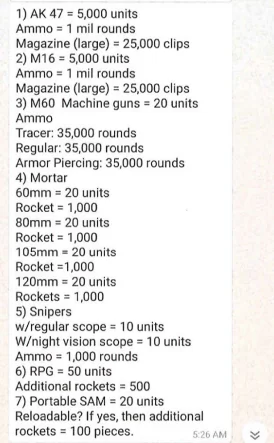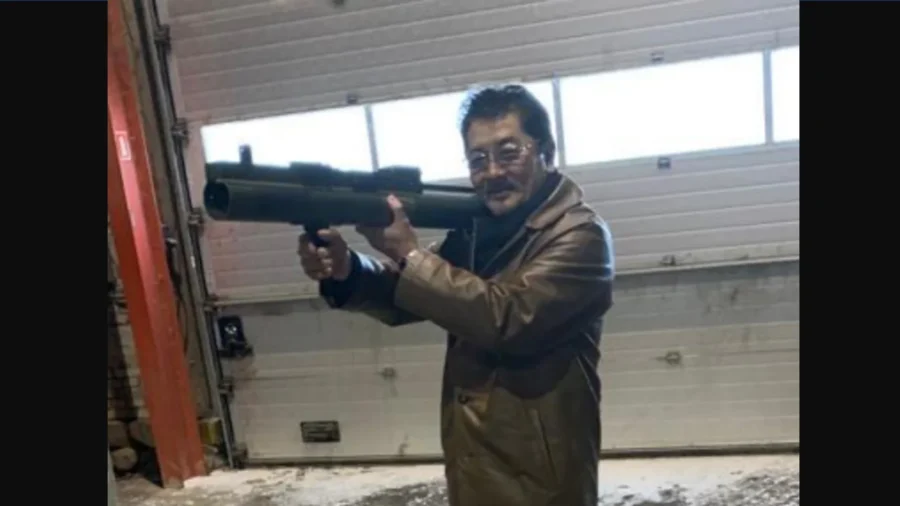U.S. federal prosecutors have brought new charges against a Japanese national and suspected leader within the Yakuza transnational crime syndicate, alleging he conspired to traffic nuclear materials.
Prosecutors filed a superseding indictment against Japanese national Takeshi Ebisawa, 60, in the U.S. District Court for New York’s Southern District on Wednesday. Prosecutors allege Mr. Ebisawa trafficked material uranium and weapons-grade plutonium from Burma to other countries and conspired to supply Iran with the materials.
Mr. Ebisawa was previously indicted and arrested in New York in April 2022. He, along with three Thai nationals—Sompak Rukrasaranee, Somphob Singhasiri, and Suksan Jullanan—were charged at the time with narcotics and weapons trafficking offenses.
Mr. Ebisawa and the three Thai nationals had allegedly conspired to supply weapons to rebel factions in Burma, also known as Myanmar, where there is an ongoing civil war. The men allegedly conspired to broker the purchase of U.S.-made surface-to-air missiles and other heavy weapons, and sought large quantities of heroin and methamphetamine for distribution as partial payment for the weapons.
Burma has experienced decades of conflict involving political, military, and ethnic factions. The current civil war began in 2021 after military forces overthrew the elected government and formed a junta. Anti-junta forces have taken up arms against the junta, while existing ethnic conflicts have continued through the conflict.
In addition to narcotics and weapons trafficking charges, Mr. Ebisawa now faces a single count each of conspiracy to commit international trafficking of nuclear materials, and international trafficking of nuclear materials. The two new charges carry maximum prison sentences of 20 and 10 years, respectively.
Suspect Offered Plutonium for Iranian Weapons Program: Feds
According to the now-superseding indictment, Mr. Ebisawa was in contact with an undercover U.S. Drug Enforcement Administration (DEA) agent, referred to in the indictment as UC-1, beginning in at least early 2020.
By the summer of 2020, the alleged Yakuza leader had begun sending photographs to the undercover DEA agent showing a rocky material next to a Geiger counter, indicating the material’s radioactive quality. Mr. Ebisawa allegedly asked the undercover agent if he would be interested in purchasing nuclear materials.

The new indictment states UC-1 introduced Mr. Ebisawa to another DEA agent who posed as an Iranian general, who expressed interest in buying these radioactive materials to develop nuclear weapons.
The undercover agents asked Mr. Ebisawa whether the materials were enriched above five percent, to which he allegedly responded “I think so and I hope so.” Mr. Ebisawa also allegedly began offering to supply “plutonium,” which he told the undercover agents would be a “better” and more “powerful” option for Iran’s interests.
Weapons-For-Nuclear-Materials Deal
According to the indictments in this case, Mr. Ebisawa and UC-1 had been in their own discussions about weapons and narcotics transactions prior to UC-1 connecting the Japanese national with the DEA agent posing as an Iranian general. As the alleged effort to transfer nuclear materials moved ahead in May of 2020, Mr. Ebisawa is said to have indicated a contact within a Burmese rebel faction would supply the nuclear materials in a weapons-for-nuclear-materials deal in which Mr. Ebisawa would have played the middle man. As this deal took shape, Mr. Ebisawa allegedly forwarded along a list of weapons his customers were seeking.

The indictment states that by February 2022, Mr. Ebisawa and his affiliates had sent along samples of the nuclear material he hoped to sell to the office space of one of his affiliates in Bangkok, Thailand. In May 2022, after Mr. Ebisawa and the three Thai nationals were originally arrested and charged, Thai authorities raided the Bangkok office, seized the radioactive materials, and passed these materials along to U.S. authorities. The indictment states subsequent lab testing determined the samples to contain weapons-grade nuclear materials.
“As alleged, the defendant brazenly trafficked material containing uranium and weapons-grade plutonium from Burma to other countries,” U.S. Attorney Damian Williams said Wednesday. “He did so while believing that the material was going to be used in the development of a nuclear weapons program, and while also negotiating for the purchase of deadly weapons. It is impossible to overstate the seriousness of this conduct.”
NTD News reached out to attorneys representing Mr. Ebisawa in the ongoing case but did not receive a response by press time.


